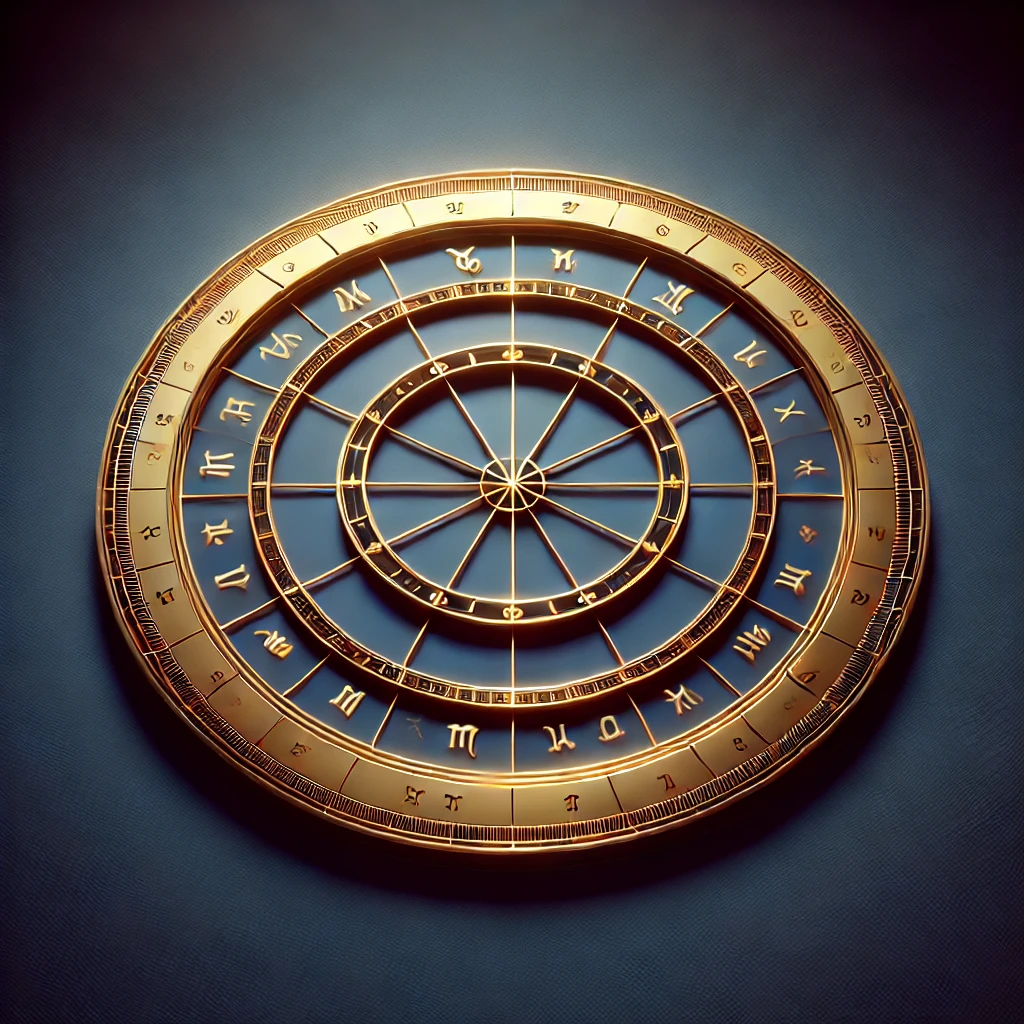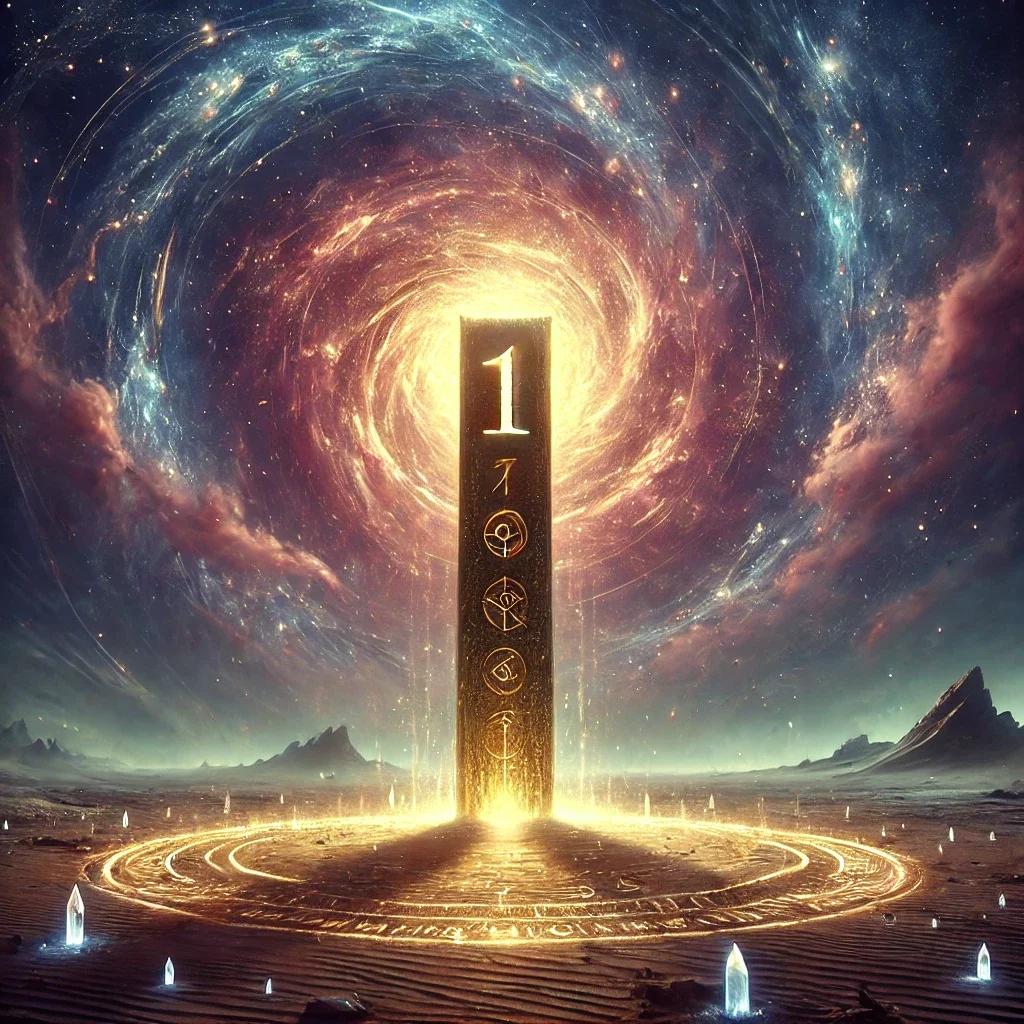Tarot is an amazing tool for self-discovery, guidance, and clarity, but the quality of your reading often depends on the questions you ask. While the cards can provide deep insights, crafting the right question is essential to get the most out of a reading. In this guide, we’ll explore what makes a good tarot question, the types of questions you can ask, and how to approach the reading with an open and empowered mindset.
What makes a good Tarot question?
A good tarot question is open-ended, empowering, and focused on guidance rather than prediction. It’s less about finding a definitive “yes” or “no” and more about uncovering possibilities, understanding situations, and exploring the potential paths available to you.
Here are some characteristics of a good tarot question:
- It invites clarity and exploration: A good question opens the door to deeper understanding rather than seeking a quick fix.
- Example: “What do I need to know about improving my relationship?”
Instead of: “Will my relationship work out?”
- Example: “What do I need to know about improving my relationship?”
- It is open-ended: Questions that start with “What,” “How,” or “Why” are often better suited for tarot.
- Example: “What steps can I take to find more fulfilling work?”
Instead of: “Will I get a promotion?”
- Example: “What steps can I take to find more fulfilling work?”
- It focuses on your actions or mindset: Good questions empower you to take control of your journey, rather than leaving you feeling helpless or passive.
- Example: “How can I overcome the obstacles in my current project?”
Instead of: “When will my project succeed?”
- Example: “How can I overcome the obstacles in my current project?”
- It avoids absolutes: Tarot reflects potential energies and outcomes, which can shift based on your actions. Avoid questions that demand certainty or finality.
- Example: “What do I need to consider when making this decision?”
Instead of: “Is this decision the right one?”
- Example: “What do I need to consider when making this decision?”
Good categories of questions to ask
1. Self-discovery and personal growth
Tarot is a powerful tool for looking inward and understanding yourself better. These questions help you reflect on your feelings, strengths, and challenges.
- “What is holding me back from achieving my goals?”
- “How can I grow as a person?”
- “What should I focus on to improve my emotional well-being?”
- “What do I need to know about my current spiritual path?”
2. Relationships and love
Whether it’s about romantic, familial, or platonic relationships, tarot can help you navigate emotions and connections.
- “What do I need to know about my relationship with [person]?”
- “How can I improve communication with my partner?”
- “What is the lesson this relationship is teaching me?”
- “What kind of energy is influencing my love life right now?”
3. Career and finances
If you’re seeking clarity about your professional life, career direction, or financial decisions, tarot can guide you toward opportunities and challenges.
- “What steps can I take to advance in my career?”
- “How can I improve my financial stability?”
- “What opportunities should I focus on in my work life?”
- “What do I need to know about this new job or career path?”
4. Decision-making and problem-solving
When faced with difficult choices, tarot can offer insight into the energies and outcomes associated with each option.
- “What should I consider when making this decision?”
- “What are the potential outcomes of choosing [option A] vs. [option B]?”
- “What is the best way to handle this conflict or challenge?”
- “What are the hidden influences affecting this situation?”
5. Future possibilities
Rather than asking for a definitive prediction, use tarot to explore the possibilities that lie ahead and how you can influence them.
- “What is the potential outcome of this situation?”
- “What do I need to do to align with my long-term goals?”
- “What should I be aware of as I move forward?”
- “What opportunities are opening up for me?”
6. Spiritual growth and intuition
For those seeking deeper spiritual understanding or developing their intuitive abilities, tarot can offer gentle guidance.
- “How can I connect more deeply with my intuition?”
- “What lessons am I meant to learn from my current spiritual path?”
- “What guidance do my higher self or spiritual guides have for me?”
- “How can I embrace my spiritual purpose?”
Questions to avoid in tarot readings
While there’s no “wrong” way to ask a question, some types of questions are less likely to produce meaningful or actionable insights. Here are a few to steer clear of:
- Yes/no questions: Tarot thrives on exploration, not binary answers. Instead of “Will I get this job?” ask, “What can I do to increase my chances of getting this job?”
- Predictive questions about timing: Tarot isn’t ideal for exact dates or times. Instead of “When will I meet my soulmate?” ask, “What do I need to focus on to attract a healthy relationship?”
- Questions about other people’s lives: It’s tempting to ask about someone else’s thoughts or decisions, but tarot works best when the focus is on your own energy and choices. Instead of “What is [person] thinking?” ask, “How can I improve my relationship with [person]?”
- Overly specific or demanding questions: Tarot isn’t a magic eight ball. Instead of “Tell me exactly what will happen tomorrow,” ask, “What energy should I focus on to navigate tomorrow successfully?”
Tips for asking empowering questions
- Focus on the present: Frame your question around what you can do in the here and now to influence the situation.
- Good Example: “What do I need to focus on today to feel more productive?”
- Poor Example: “Will I succeed?”
- Be open to surprises: Instead of looking for a specific answer, trust that the cards will reveal what you need to hear.
- Example: “What do I need to know about this situation?”
- Keep it personal: Focus on what you can control, rather than external events or other people’s decisions.
- Good Example: “How can I better handle this conflict?”
- Poor Example: “Why won’t [person] change their behavior?”
Final thoughts
The key to a powerful tarot reading is asking the right questions. When you approach the cards with openness and curiosity, you invite wisdom and guidance into your life. Remember, tarot is not about providing absolute answers or predictions; it’s about empowering you to make informed decisions, embrace self-awareness, and align with your purpose.
The next time get a reading, take a moment to reflect on what you truly want to know. Ask thoughtful, open-ended questions, and trust the process. The cards are here to guide you!






